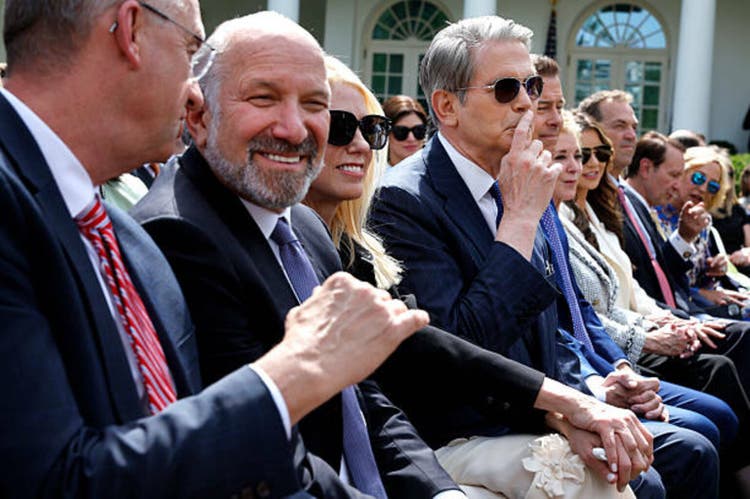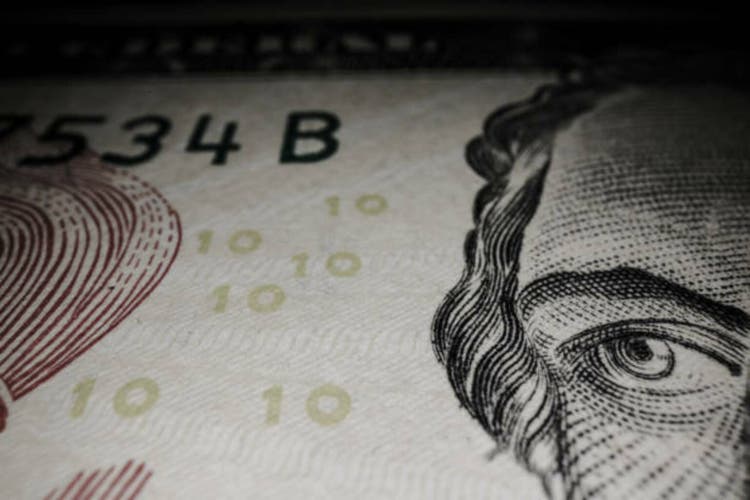- The Trump administration is preparing for a Supreme Court battle that could reshape presidential power by deciding the extent of the executive branch’s authority over tariffs, which was originally granted to Congress by the Constitution. The administration appealed after many of its recent tariffs were invalidated by a federal trade court, which argued the president’s actions were too sweeping and cut into Congress’ authority.
President Donald Trump’s struck-down tariffs are almost guaranteed to end up before the Supreme Court, experts say, and the outcome is a toss-up that could shape presidential power for years to come.
The Supreme Court rarely opines on trade issues, said Lee Smith, shareholder and leader of the international trade and national security practice at law firm Baker Donelson. The last case it heard on the topic was decided in 2009—U.S. v. Eurodif S.A., which dealt with the “anti-dumping” duties on low enriched uranium, he said.
Yet, this week, the New York-based Court of International Trade set up a future Supreme Court battle royale when it invalidated many of Trump’s tariffs. The tariffs in question, including those imposed on Mexico and China, were undergirded by the International Emergency Economic Powers Act (IEEPA), which gives the President “broad authority to regulate a variety of economic transactions following a declaration of national emergency.”
Smith said the administration’s decision to use the IEEPA as justification for the struck-down tariffs was likely made to move things along faster than it could have using other provisions of U.S. trade law. But the Court of International Trade argued that the tariff action was so sweeping it took authority away from Congress, which was granted the power to levy tariffs by the Constitution.
The Trump administration has appealed the court’s decision, and has signaled that it will elevate the issue to the Supreme Court if it loses. Now, the Supreme Court will likely need to decide how far the president’s power over tariffs goes—after years of past U.S. leaders expanding their power over tariffs, with the acquiescence of Congress.
“It’s a constitutional question,” Smith told Fortune. “The Trump administration is taking it up no matter what, if they lose. The other side has already won—the Court of International Trade. So, if they lose the Court of Appeals, they’re going to want the Supreme Court to reinstate the earlier decision.”
Trump fought several court battles over tariffs during his first administration, especially over his tariffs on China, which were justified with a different provision of U.S. trade law. While none reached the Supreme Court, he was largely successful, said Smith, and it’s possible, although not guaranteed, Trump may succeed this time around because the court’s conservative majority has shown “a lot of deference to this president,” said Smith.
Still, since Trump last defended tariffs in court during his first administration, several groundbreaking cases decided by the Supreme Court overturned precedents which could affect the administration’s odds.
Stavros Gadinis, a law professor at U.C. Berkeley, said two cases, West Virginia v. Environmental Protection Agency and Loper Bright Enterprises v. Raimondo, which overturned the Chevron Doctrine, signaled that the Supreme Court has been paying attention to expanding executive power. Broadly, the decisions in both of these cases imply that any president seeking to exercise powers under vague or ambiguous statutes is subject to more scrutiny and requires more evidence and support for their actions than before.
“When, initially, those rulings were issued, a Democratic administration was in the White House, and the Republicans were very happy about it,” Gadinis told Fortune. “But now that the situation is reversed these rulings could suggest more checks on how a Republican administration interprets certain statutes.”
Thanks to the overturning of the Chevron doctrine, the courts don’t need to automatically defer to the administration’s definition of ambiguous terms used by Trump to back his tariffs such as “national security” or “retaliation.” Instead these definitions will be decided by the court, which may or may not agree with the administration’s definition, said Gadinis.
It’s not guaranteed the Trump administration will lose at the Supreme Court. Yet, during his first administration, Trump officials gathered evidence and followed set procedures—for example by opening an investigation into China on intellectual property, technology transfer, and innovation. The administration did not follow the same procedure for the recently struck down tariffs, said Gadinis.
“These kinds of principles—the procedural background was just not in place in this particular set of times. So, this seems broader than what (the courts) upheld back then, and therefore more likely to fall,” Gadinis told Fortune.
This story was originally featured on Fortune.com

 1 day ago
1
1 day ago
1





















 English (US) ·
English (US) ·